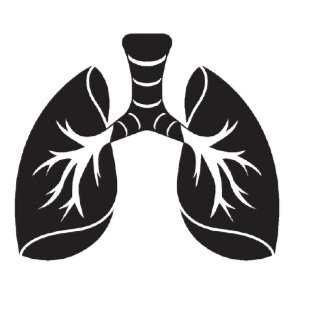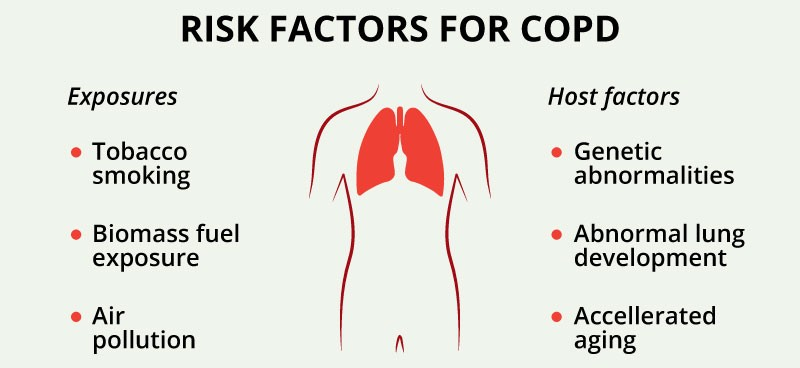COPD Management Tips from a Lung Specialist
Introduction
Chronic Obstructive Pulmonary Disease (COPD) is a long-term lung condition that causes obstructed airflow, making it increasingly difficult to breathe. Affecting millions worldwide, COPD is also on the rise in urban Indian cities like Kolkata—largely due to air pollution, smoking, and occupational exposure to dust and chemicals.
Living with COPD can be challenging. The breathlessness, frequent infections, and fatigue can interfere with daily life. But with the right care plan, support, and guidance from a trained COPD specialist, patients can still lead active, fulfilling lives.
In this guide, Dr. Ayush Goel, a leading lung specialist in Kolkata, shares effective COPD management tips to help you breathe easier and live better.
What is COPD?
Chronic Obstructive Pulmonary Disease (COPD) is a group of progressive lung diseases, primarily:
Chronic bronchitis: Inflammation of the airways with persistent cough and mucus.
Emphysema: Damage to the air sacs (alveoli) in the lungs, reducing oxygen exchange.
COPD damages lung tissue, narrows the airways, and makes it harder to exhale completely. Over time, even simple tasks like walking or climbing stairs can become difficult.
Common Symptoms of COPD
The signs of COPD often develop slowly and worsen over time. Some people may dismiss early symptoms as signs of aging or “just a smoker’s cough,” delaying treatment.
Watch out for these persistent symptoms:
A chronic cough, especially with phlegm
Shortness of breath, particularly during physical activity
Wheezing or a whistling sound while breathing
Chest tightness
Frequent respiratory infections
Fatigue or lack of energy
If you or someone you know experiences these signs, it’s essential to consult a lung doctor in Kolkata for timely evaluation and management.
Who is at Risk for COPD?
COPD is most commonly seen in:
Long-term smokers
People with long-term exposure to air pollution, dust, or chemical fumes
Individuals with a family history of respiratory diseases
People with asthma who are exposed to irritants
Those who have had frequent lung infections in childhood
Diagnosis: How COPD is Confirmed
A comprehensive diagnosis may include:
Spirometry (PFT): Measures how much air you can exhale and how quickly.
Chest X-ray or CT scan: To view lung structure.
Blood oxygen tests: To check how well your lungs deliver oxygen to your blood.
6-minute walk test: To evaluate your stamina and oxygen needs during activity.
Management Tips from Dr. Ayush Goel, COPD Specialist in Kolkata
Managing COPD isn’t just about medications—it involves a combination of clinical care, lifestyle changes, and patient education.
Here’s what Dr. Ayush Goel recommends:
1. Quit Smoking (If You Haven’t Already)
Smoking is the number one cause of COPD, and quitting is the most effective way to slow disease progression.
Use nicotine patches, inhalers, or prescription medications.
Seek support through counseling or cessation programs.
Avoid passive smoke exposure.
Even if you’ve had COPD for years, quitting smoking improves symptoms and lung function.
2. Use Inhalers and Medications Correctly
Inhaled medications (bronchodilators and corticosteroids) help relax airway muscles and reduce inflammation.
Learn the correct inhaler technique.
Set medication reminders.
Carry a rescue inhaler for emergency breathlessness.
Patients with advanced COPD may also require home oxygen therapy or oral medications to manage symptoms.
3. Join a Pulmonary Rehabilitation Program
Pulmonary rehab includes:
Supervised exercise sessions
Breathing techniques
Nutritional counseling
Education on lung care
This is especially helpful for patients who experience severe fatigue or reduced mobility due to breathlessness.
4. Stay Physically Active (With Caution)
Exercise improves endurance, mood, and lung capacity—but must be done safely.
Start with short walks or light stretching.
Practice pursed-lip breathing to ease shortness of breath.
Use assistive devices or oxygen if recommended.
Consult your lung doctor before starting any routine.
5. Avoid Triggers and Environmental Pollutants
Pollutants and allergens can worsen symptoms. Take these precautions:
Avoid exposure to smoke, dust, fumes, and outdoor pollution.
Use an indoor air purifier during high pollution days.
Wear a mask if venturing outdoors in traffic-heavy or dusty areas.
Insert image of patient using a mask outdoors in a polluted city
6. Prevent Infections with Timely Vaccination
Infections can severely affect lung function in COPD patients.
Get annual flu vaccines
Receive pneumococcal vaccines
Consider COVID-19 boosters if applicable
Wash your hands frequently and avoid crowded spaces during flu season.
7. Monitor Symptoms and Keep Regular Follow-Ups
Keep a daily log of:
Breathlessness level
Cough and mucus changes
Oxygen saturation (if monitoring at home)
Regular visits to your COPD specialist in Kolkata help fine-tune your treatment and catch complications early.
Why Choose Dr. Ayush Goel for COPD Treatment in Kolkata?
Dr. Ayush Goel is a highly trained pulmonologist and COPD specialist, known for managing complex lung diseases with precision and compassion.
Credentials:
DM in Pulmonary Medicine from AIIMS New Delhi
MRCP (UK) Respiratory SCE Certified
European Diploma in Respiratory Medicine
10+ international research publications
Whether you’re newly diagnosed or struggling with symptom control, Dr. Goel provides personalized care tailored to your lifestyle, health status, and goals.
Final Tips Before You Go
COPD may be chronic, but it’s not a life sentence. With the right medical care, healthy habits, and ongoing support, many patients live active, fulfilling lives.
Start by working with a trusted lung doctor in Kolkata who understands the nuances of COPD. Don’t wait for symptoms to get worse—early action is key.
Book your COPD consultation today with Dr. Ayush Goel and take the first step toward easier breathing.


